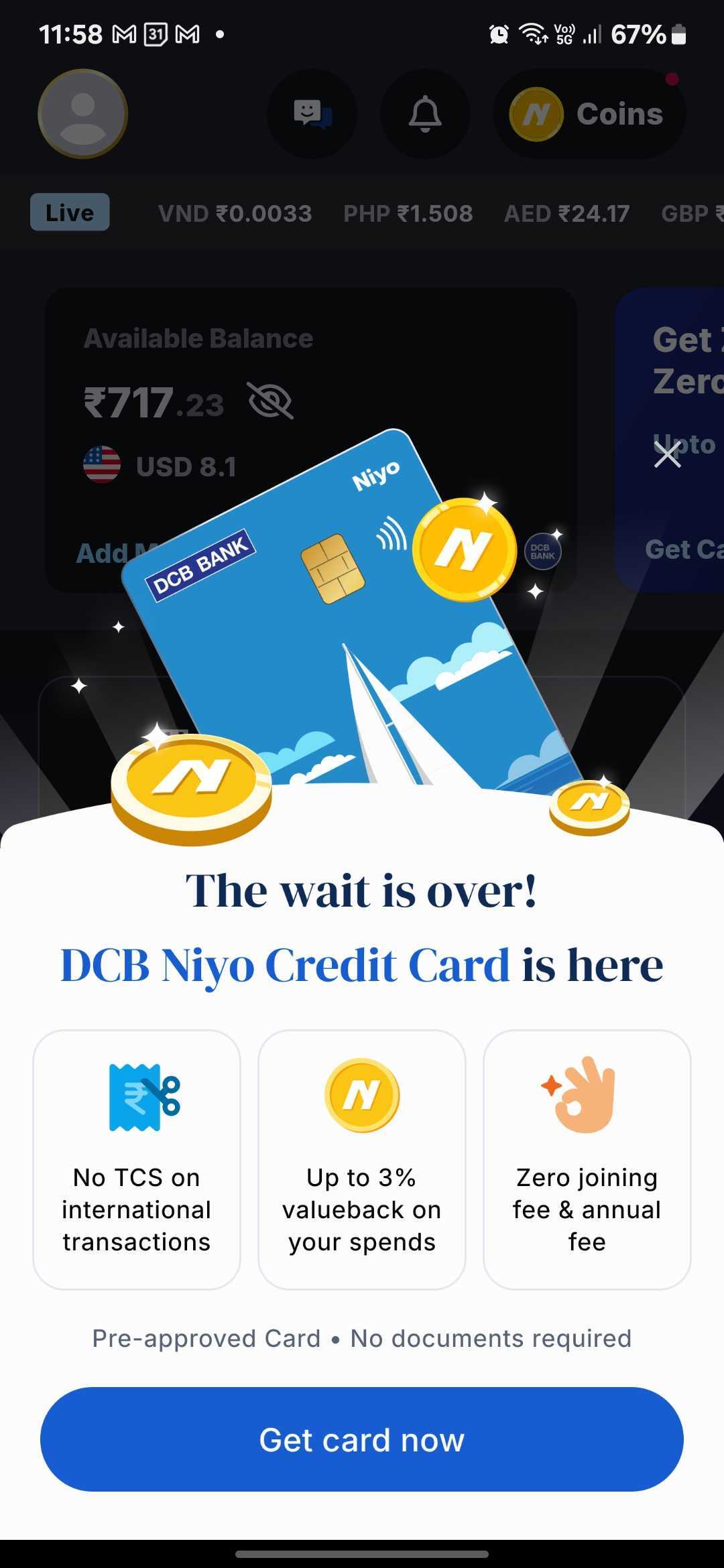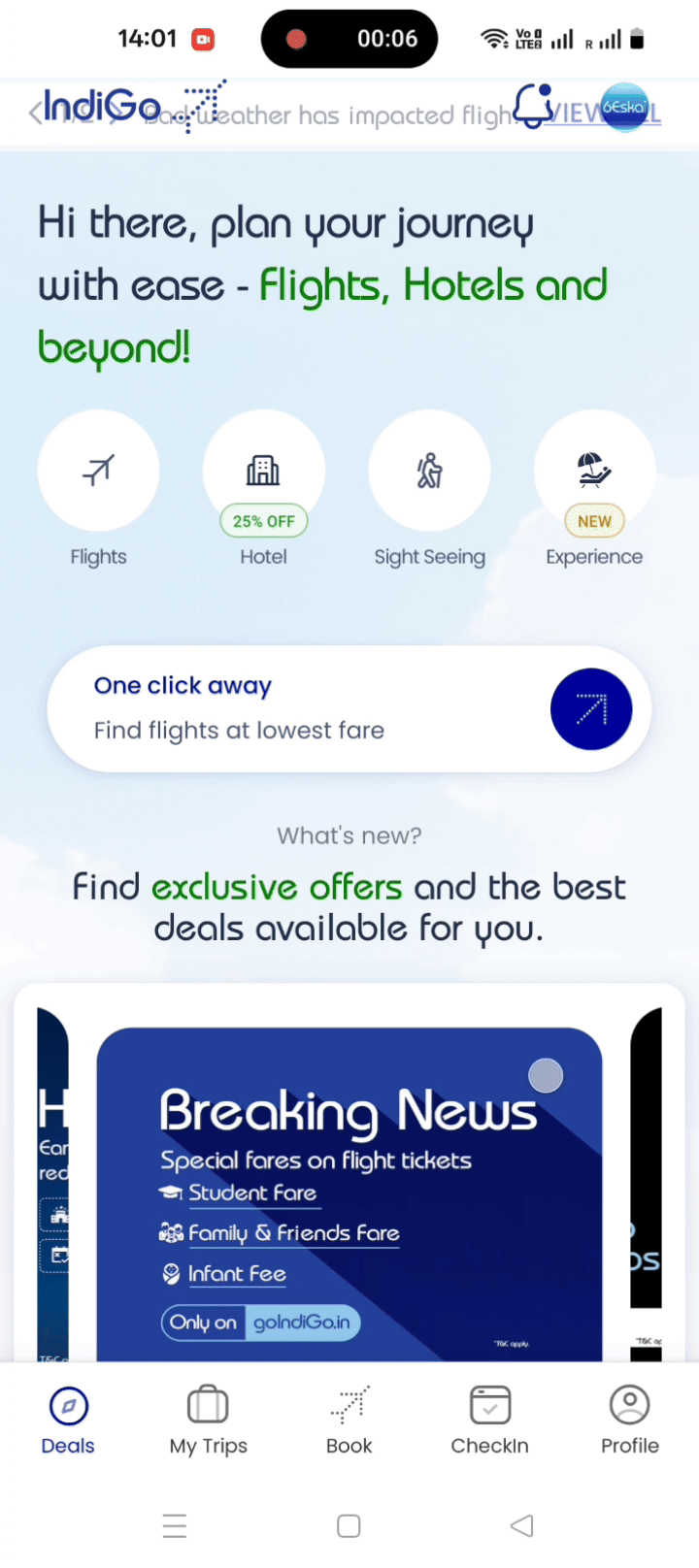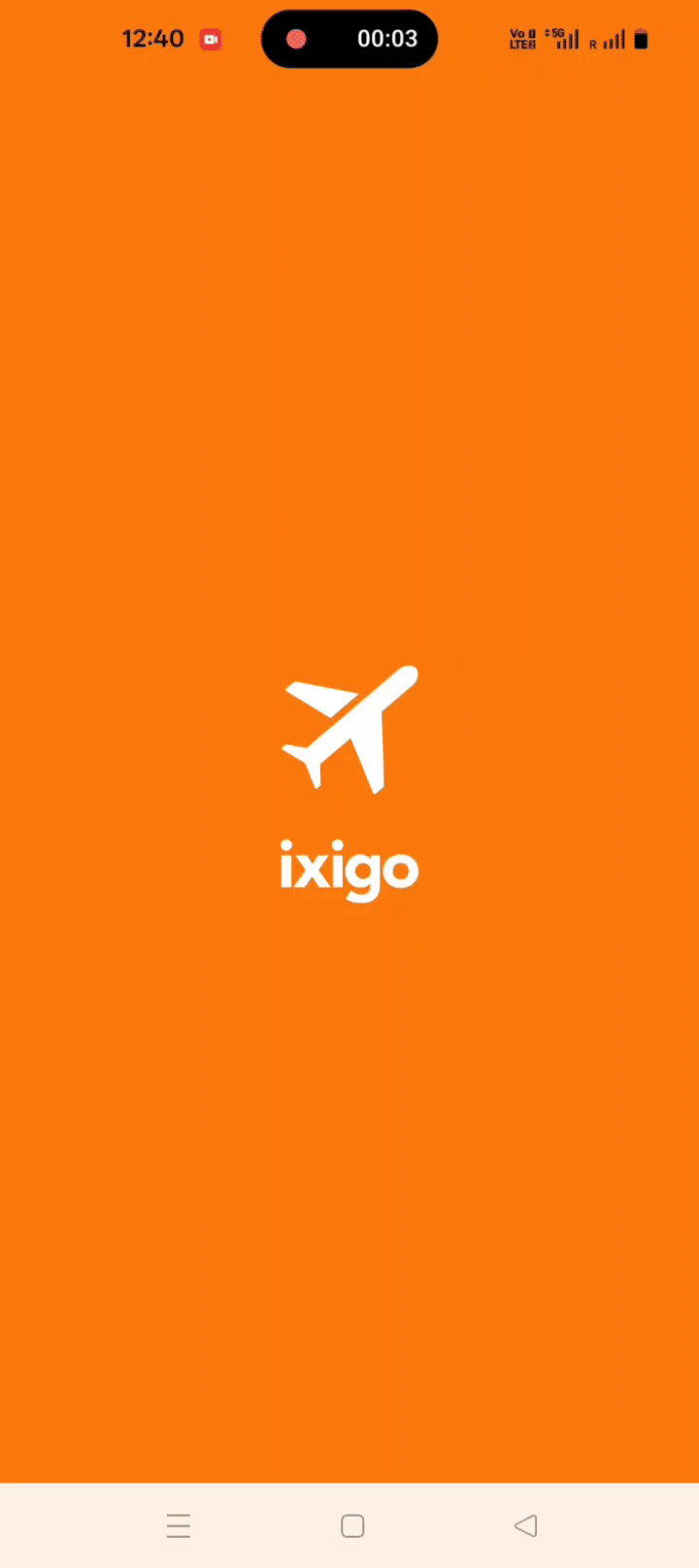We use cookies to ensure you get the best experience on our website. For more details, refer to our cookie policy and privacy policy.

View all inspirations
Google Pay uses tooltips to activate new users
Google Pay uses tooltips to guide new users to take core actions that lead to aha moments quickly.

Context
77% of new users abandon an app within three days of app install and never return. This number jumps to 90% within the first month.
Google Pay tackles this by ensuring more users complete the core action that correlates to long-term retention 🔁. This is achieved by delivering the right onboarding experience.
When using Google Pay, new users will experience the value of the app when they make a transaction, either by scanning a QR code 📲 or searching for contacts, and users who do these actions are more likely to stick around for the long-term.
Why this works
For a cohort of users who’ve opened the app more than one time and still haven’t explored the search or the scan feature, Google Pay uses well-placed tooltips to nudge that segment of new users to complete the core action.
This reduces time-to-value as the new user immediately knows the right action to take, and thereby increases activation rates.
Subscribe to learn how best-in-class B2C companies use app experiences
Share
Improve app adoption with Plotline
Join companies like Zepto, Meesho, Upstox and others that use Plotline to test and launch app experiences and boost activation, retention and monetization.
Check out more user experiences from leading apps


.png)

.svg)

.svg)




